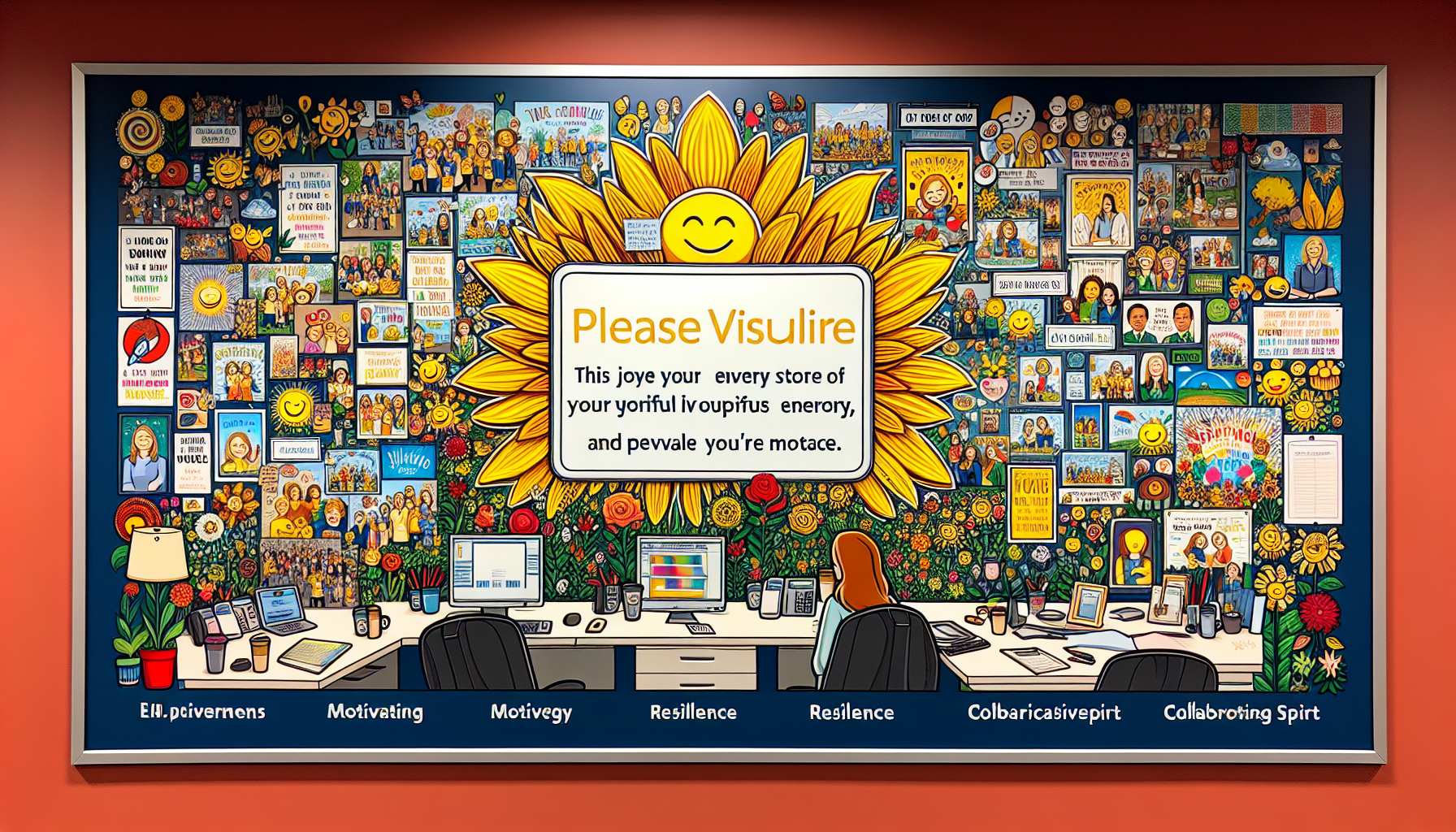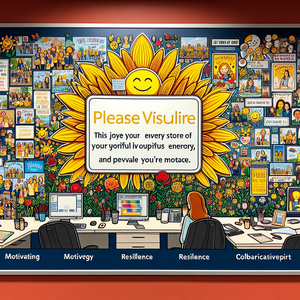The Future of Retail Careers: How Walmart is Shaping Workforce Development

Walmart has a long-standing reputation for prioritizing employee development, and in recent years, this commitment has evolved to meet the changing demands of the retail sector. One of the flagship initiatives is the “Pathways” program, designed to provide employees with a structured approach to career advancement.
Hands-On Training and Mentorship
Through the Pathways program, employees receive comprehensive training that blends hands-on experience with mentorship opportunities. For example, participants engage in leadership training that emphasizes critical skills such as team management, customer service, and strategic decision-making. Such training not only empowers employees to take control of their career trajectories but also cultivates a workforce that is agile and capable of responding to new challenges and opportunities in the retail landscape.
Evidence of Impact
A recent assessment found that employees who participated in Walmart's training programs reported higher job satisfaction and increased confidence in their abilities. This, in turn, contributes to lower turnover rates and a more engaged workforce, critical factors in an industry often plagued by high employee attrition.
Partnerships with Educational Institutions
Understanding the critical role of formal education in career development, Walmart has established strategic partnerships with various educational institutions. These alliances provide employees with access to affordable and flexible learning opportunities that can lead to academic qualifications and professional certifications.
The Guild Education Partnership
One notable collaboration is with Guild Education, which offers Walmart employees a range of online courses, from high school diplomas to associate and bachelor’s degrees in fields like business management and information technology. This initiative reflects Walmart's commitment to lifelong learning, allowing employees to enhance their qualifications while balancing work responsibilities.
Positive Outcomes
This partnership has led to increased enrollment in higher education among employees, with many reporting improved career prospects and earning potential. By investing in their education, Walmart employees are not only advancing their careers but also contributing to a more skilled labor force in the retail sector.
Embracing Technology and Innovation
As technology continues to transform the retail industry, Walmart is at the forefront of integrating innovative solutions into its workforce development strategies. The company has invested heavily in digital tools and platforms that facilitate interactive training experiences.
Augmented Reality Training
One such innovation is the use of augmented reality (AR) training modules, which allow employees to practice their skills in a simulated environment. This hands-on training approach enhances learning outcomes and prepares employees for the technological advancements reshaping retail operations.
Staying Ahead of Trends
Moreover, these technological investments enable Walmart to stay ahead of industry trends, providing employees with the skills necessary to thrive in an increasingly digital retail landscape. Employees trained in these advanced technologies are more likely to contribute to the company’s innovation efforts and overall success.
Creating a Culture of Continuous Learning
At the core of Walmart's workforce development initiatives is a robust culture of continuous learning. The company actively encourages employees to take advantage of available resources and seek professional growth.
Supportive Learning Environment
Regular workshops, webinars, and training sessions keep employees informed about industry trends and best practices. This culture not only enhances employee satisfaction and retention but also positions the company as a leader in workforce development within the retail sector.
Employee Loyalty and Commitment
Employees who feel supported in their career development are more likely to exhibit loyalty to the organization. As a result, this commitment fosters a more productive and engaged workforce, ultimately contributing to Walmart's competitive edge in the market.
Walmart's proactive approach to workforce development is setting a new standard for the retail industry. By investing in employee training programs, forming partnerships with educational institutions, embracing technology, and fostering a culture of continuous learning, Walmart is not only preparing its workforce for the future but also redefining the role of an employer in the modern era.
Retail Training and Development Manager
Walmart, Target, Home Depot
Core Responsibilities
Design and implement training programs focused on enhancing employee skills and career growth.
Collaborate with leadership to identify training needs and measure the effectiveness of training initiatives.
Lead workshops and mentorship programs that foster a culture of continuous learning.
Required Skills
Proven experience in adult education and training methodologies.
Strong communication and leadership skills to engage and motivate staff.
Familiarity with digital learning platforms and tools.
Learning Experience Designer (Retail)
Walmart, Lowe’s, Best Buy
Core Responsibilities
Create engaging and interactive training materials utilizing augmented reality and other digital tools.
Collaborate with subject matter experts to ensure content relevance and applicability.
Analyze learner feedback and performance data to continuously improve training programs.
Required Skills
Proficiency in instructional design software (e.g., Articulate 360, Adobe Captivate).
Understanding of user experience (UX) principles to enhance learner engagement.
Experience in the retail industry is a plus.
Workforce Development Analyst
Walmart, Target
Core Responsibilities
Assess workforce needs and trends to develop strategies that enhance employee skills and job satisfaction.
Conduct surveys and data analysis to measure the impact of training programs on employee performance.
Report findings and recommendations to senior management to inform decision-making.
Required Skills
Strong analytical and critical thinking skills with a background in data analysis tools (e.g., Excel, Tableau).
Excellent written and verbal communication skills for effective reporting.
Experience in human resources or organizational development.
Retail Operations Technology Specialist
Walmart, Amazon
Core Responsibilities
Implement and manage technology solutions that enhance retail operations, including AR training tools.
Train employees on new technologies and systems to ensure effective use and integration into daily operations.
Monitor technology trends and recommend innovations to improve operational efficiency.
Required Skills
Strong technical skills with experience in retail software systems and tools.
Ability to troubleshoot technical issues and provide training support.
Background in IT or computer science is advantageous.
Customer Experience Manager
Walmart, Nordstrom, Macy's
Core Responsibilities
Develop strategies to enhance the shopping experience through employee training and customer feedback analysis.
Oversee initiatives that ensure consistent customer service standards across all retail locations.
Collaborate with marketing and operations teams to align customer experience goals with business objectives.
Required Skills
Strong interpersonal and conflict-resolution skills to effectively handle customer inquiries and complaints.
Experience in retail management and a deep understanding of customer service best practices.
Ability to analyze customer data to identify trends and areas for improvement.


